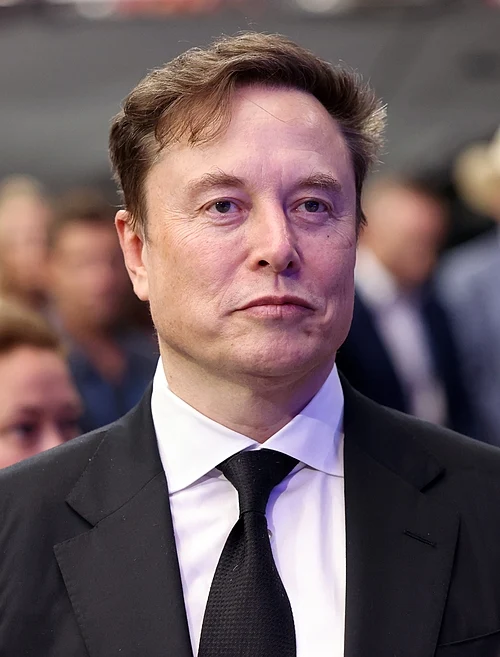
On November 13, Billie Eilish publicly criticised Elon Musk in an Instagram story, responding to reports that the tech mogul is set to become the world’s first trillionaire.
Eilish reshared a post from the activist platform My Voice, My Choice, which outlined how Musk’s wealth could address major global issues such as hunger, climate change, and humanitarian crises.
Alongside the graphic, Eilish wrote:
“Fking pathetic psy b**ch coward.”
This comment referred directly to Musk’s growing net worth, which is expected to reach $1 trillion due to a performance-based Tesla payout structure.
👉 People – Billie Eilish calls Elon Musk “pathetic”
👉 Entertainment Weekly – Eilish posts Instagram story targeting Musk

Background on Billie Eilish’s Comments
This is not the first time Billie Eilish has made statements about billionaire wealth. At the WSJ Magazine Innovator Awards, she addressed the issue directly in her speech:
“If you’re a billionaire… why are you a billionaire? Like, f**k you. Give your money away, shorties.”
Following the event, Eilish pledged $11.5 million from her 2025 Hit Me Hard and Soft world tour to multiple social causes, including food security, environmental efforts, and support services for young people.
👉 Them – Billie Eilish comments on billionaire wealth
👉 Entertainment Weekly – Eilish donates tour earnings to charity

Eilish’s comments come at a time when Musk’s wealth has reached an inflection point. According to reports, the recently approved compensation package for Elon Musk could be worth more than $1 trillion if his company Tesla, Inc. meets performance goals that include increasing its market cap to $8.5 trillion, deploying millions of robotaxis and remaining CEO for several years.
This has led to growing scrutiny of how billionaires utilise their wealth and what societal obligations come with extreme financial power.
In her Instagram story, Billie Eilish referenced a carousel posted by the activist group My Voice, My Choice which outlined specific ways Musk’s fortune could be harnessed for global causes. Suggestions included ending world hunger with $40 billion a year, funding safe clean water access at $140 billion over seven years, and investing billions to rehabilitate war‑torn regions such as Gaza, Syria and Ukraine.
This level of detail underscores the tangible scale of the wealth being debated and the potential impact if it were redirected rather than concentrated.




